Maintaining close ties with Russia would hurt Serbia’s chances of joining the European Union, EU High Representative for Foreign Affairs and Security Policy Josep Borrell said in Brussels on May 22. Borrell also called on Belgrade to join EU sanctions against Russia.
Hosting top diplomats from Albania and four former Yugoslav republics – Serbia, Montenegro, Bosnia-Herzegovina and North Macedonia – and the breakaway region of Kosovo, Borrell urged Western Balkan candidates to follow Ukraine’s example of making “rapid progress” towards EU membership.
“We discussed the Russian influence in the region, which is trying to derail the European path of the Western Balkan candidates,” Borrell said. “We welcome the strategic and courageous choices of some of them, candidates that are fully in line with our foreign policy and sanctions.”
While Albania, Montenegro and North Macedonia have joined the bloc's sanctions, Bosnia-Herzegovina and Serbia have not.
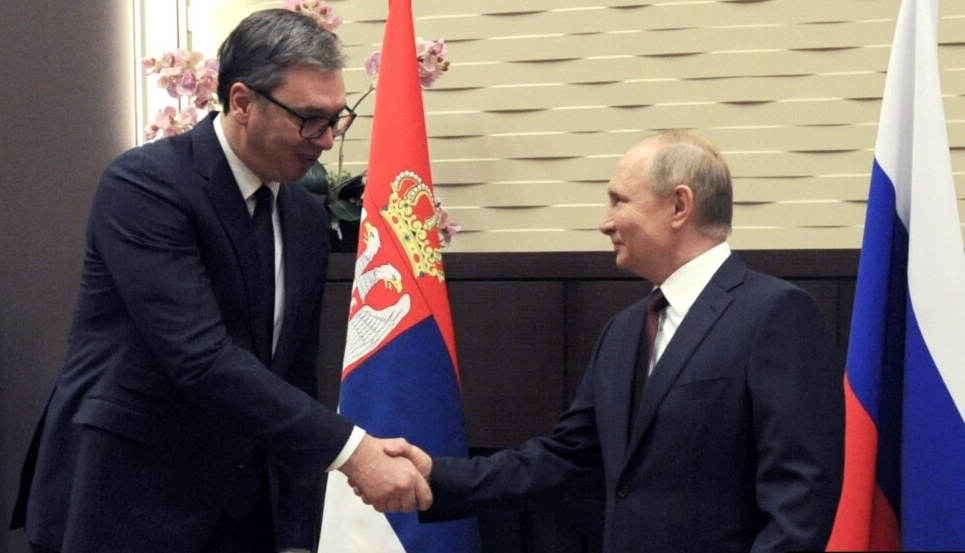
Russian President Vladimir Putin (R) shakes hands with Serbian President Aleksandar Vucic in Sochi, Russia, November 25, 2021. Photo: Sputnik
Speaking specifically about Serbia, Mr. Borrell revealed that he warned Serbian Foreign Minister Ivica Dacic that maintaining close relations with Russia was incompatible with Belgrade's EU accession process, and that it also harmed their own national interests.
The EU's top diplomat also said that Serbia's accession to the EU depends on two factors: sanctions against Russia and "normalisation of relations" with Kosovo, even though Mr Borrell's own country, Spain, is among five EU member states that do not recognise the breakaway region.
Serbian President Aleksandar Vucic has drawn a distinction between the EU's insistence on Ukraine's territorial integrity and its apparent disregard for the same in Serbia, justifying his policy of not joining sanctions against Moscow.
Earlier this month, the Serbian leader noted that sanctions were the only thing any Western politician visiting Belgrade wanted to talk about.
Serbia has been in a difficult political situation since its traditional ally Russia launched a military operation in Ukraine in February 2022.
Besides close cultural and religious ties, Belgrade is also heavily dependent on Moscow for energy as the only company importing and producing oil in Serbia, Oil Industry of Serbia (NIS), is majority-owned by two Russian energy companies.
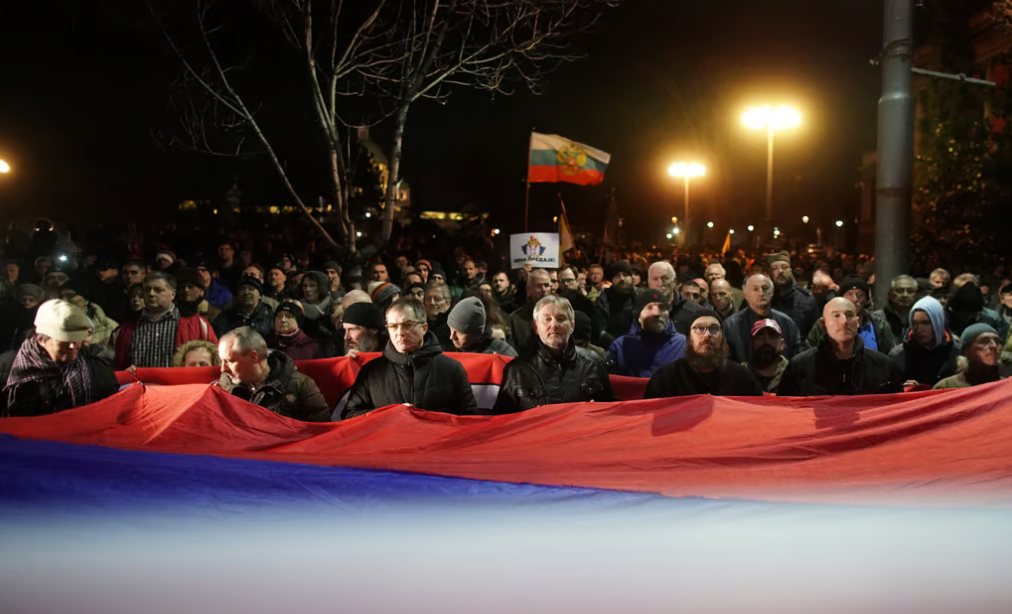
Serbian nationalists and pro-Russian activists gather in Belgrade, demanding an end to the normalization process with Kosovo, February 15, 2023. Photo: Getty Images
Serbia voted in favor of a United Nations (UN) resolution condemning Russia's military campaign in Ukraine in March 2022, and in April 2022 voted to expel Russia from the UN Human Rights Council (UNHRC). Serbia also voted in October 2022 in favor of a UN General Assembly (UNGA) resolution condemning Russia's annexation of four breakaway regions of Ukraine.
But despite pressure from the EU and the US, Serbia has so far refused to join Western sanctions against Russia.
The European Parliament (EP) recently adopted a report on Serbia, blaming the decline in public support for EU membership on the presence of Russian media. If President Vucic’s government continues to support “anti-democratic politics”, the EP said, the EU should “reconsider the level of its financial support” to Serbia.
Kosovo declared independence from Serbia in 2008, with the backing of the US and the West, but has not yet been widely recognized by the international community and does not have a seat at the UN .
Minh Duc (According to RT, Balkan Insight)
Source











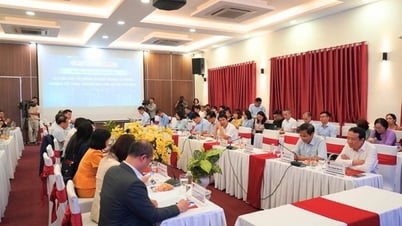
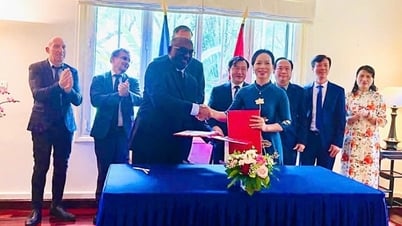
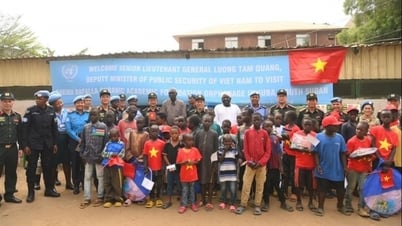
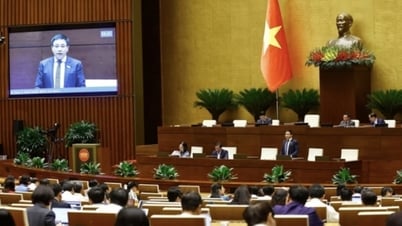





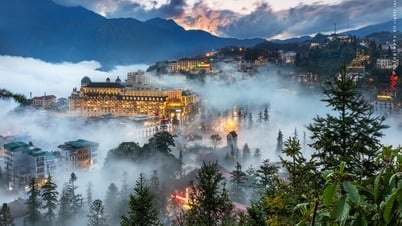

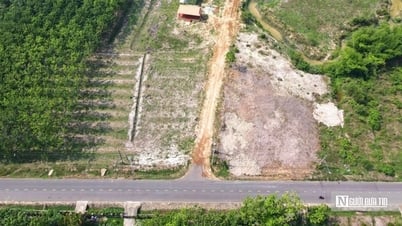
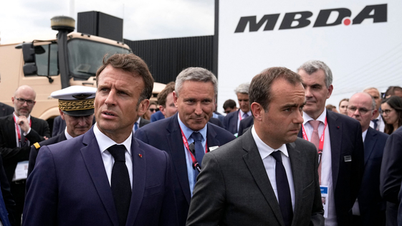



































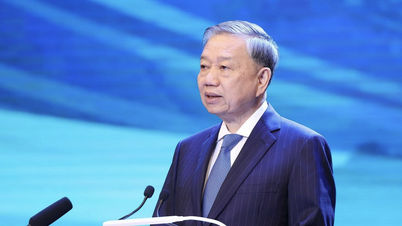






























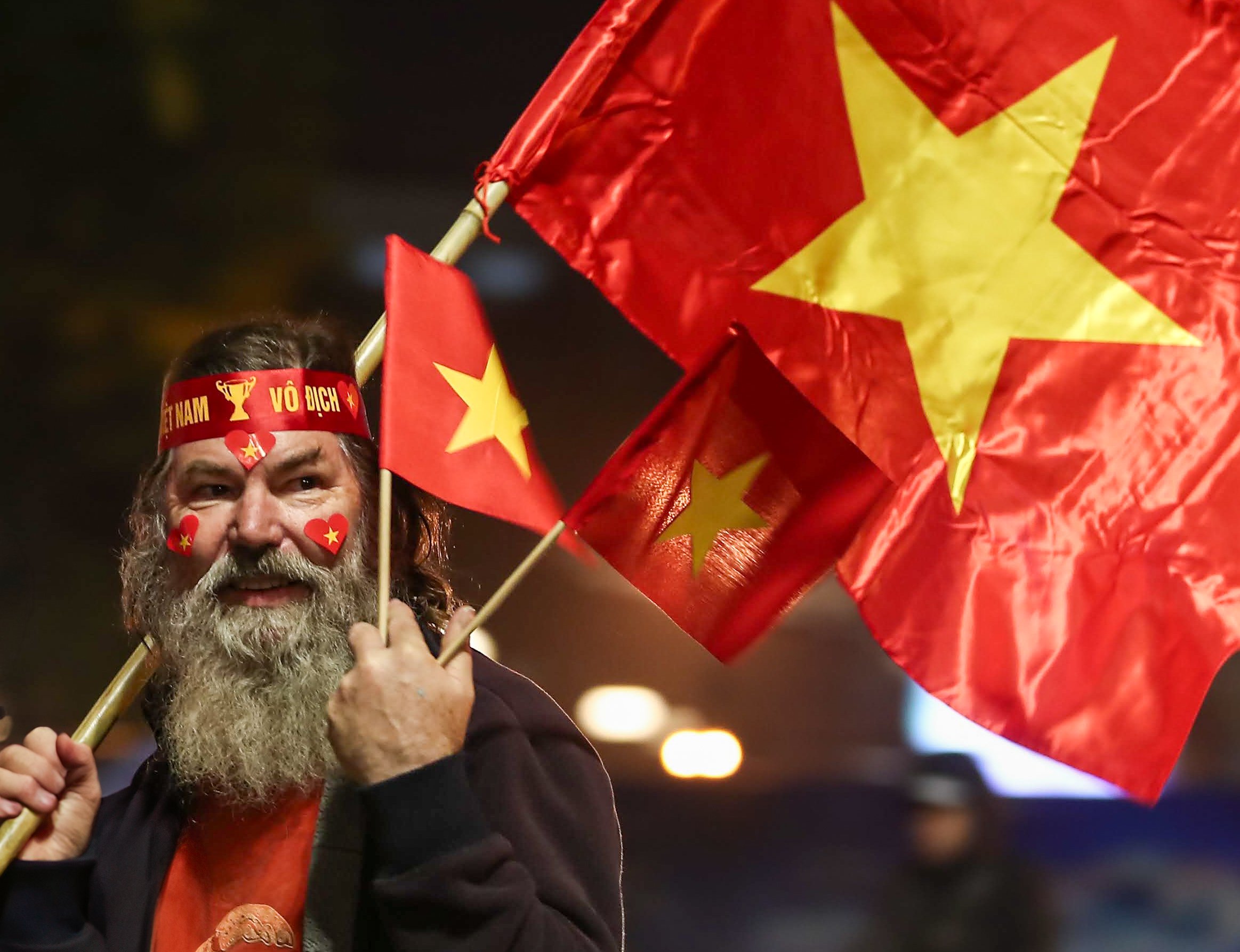



Comment (0)